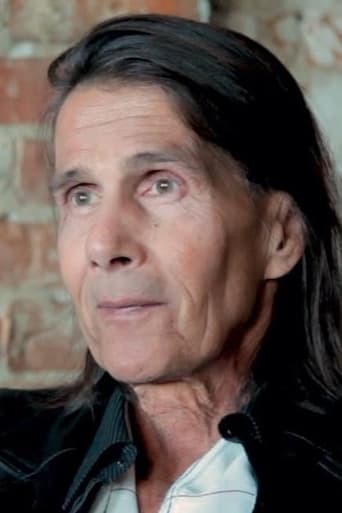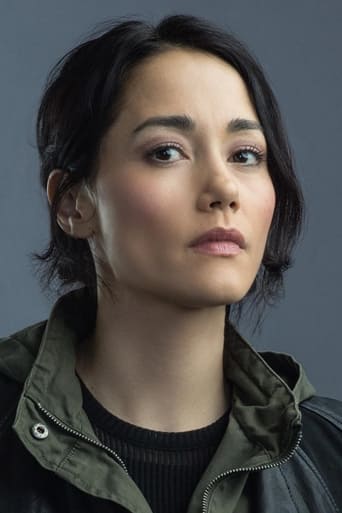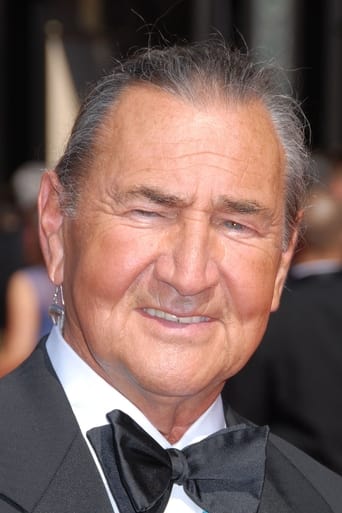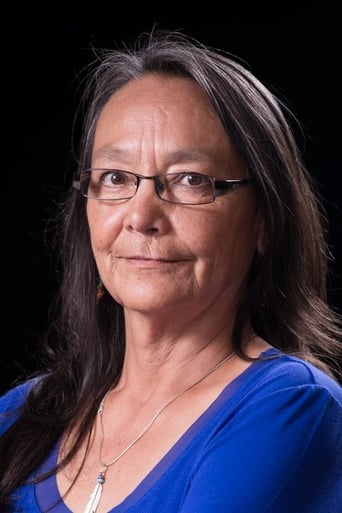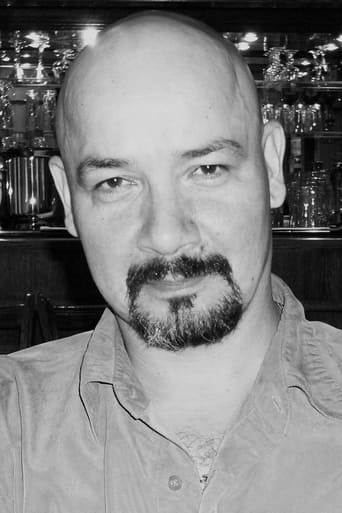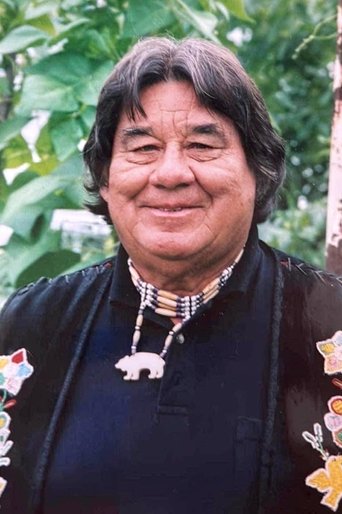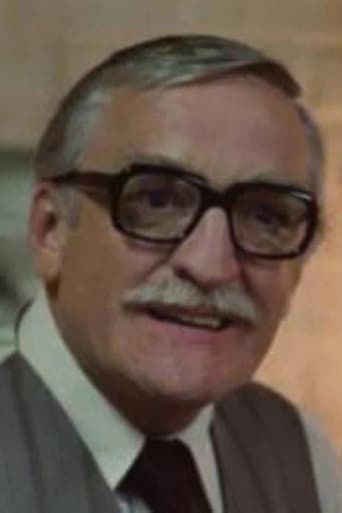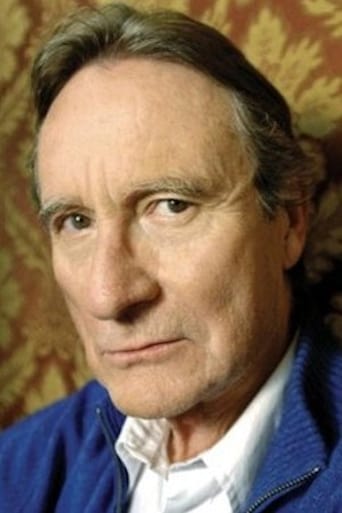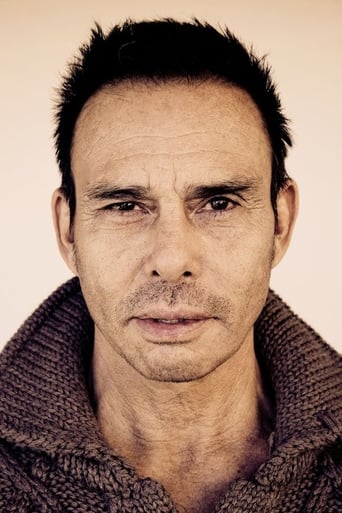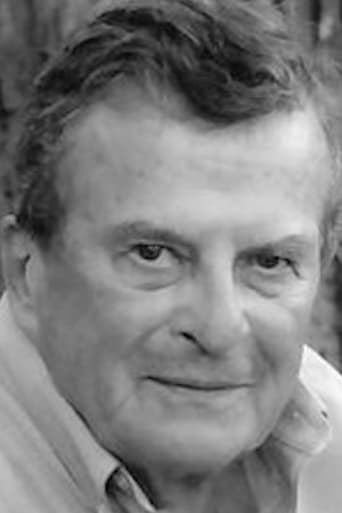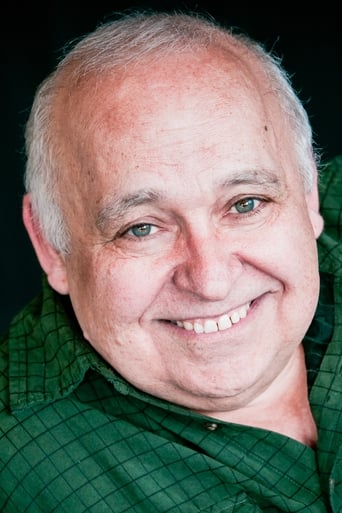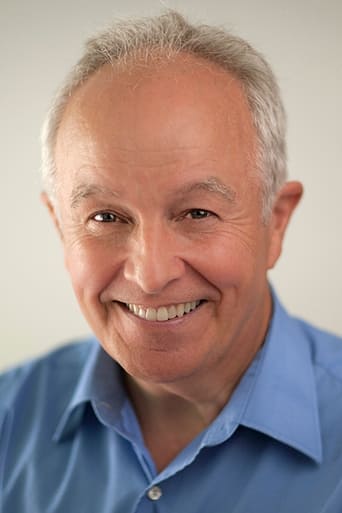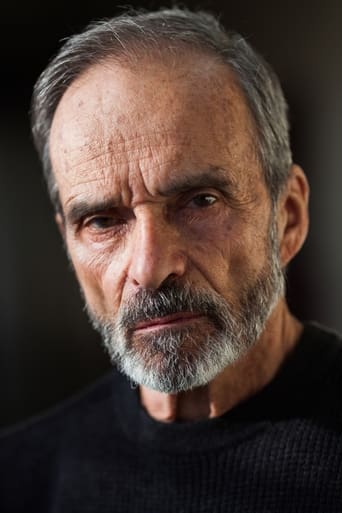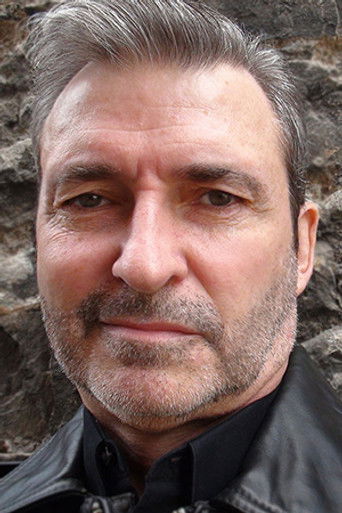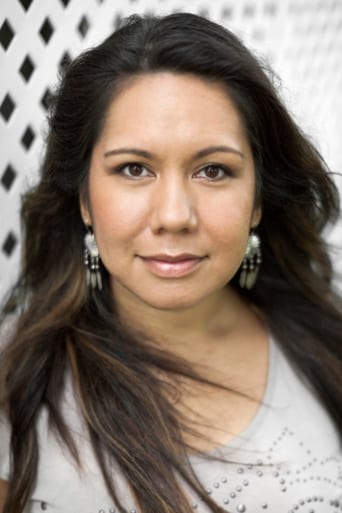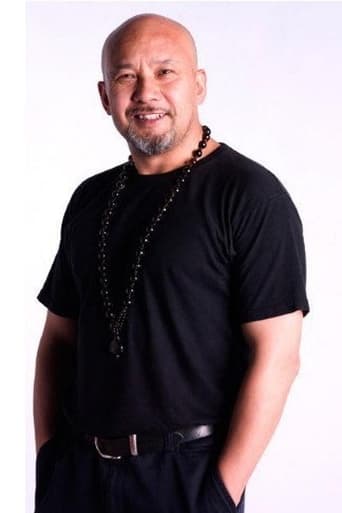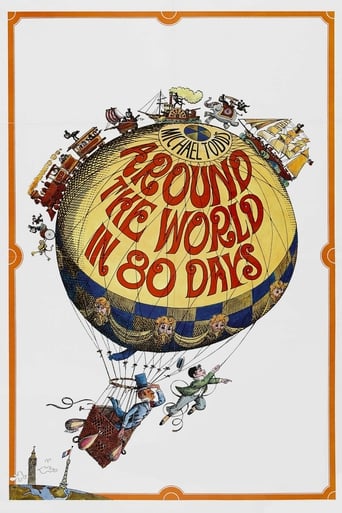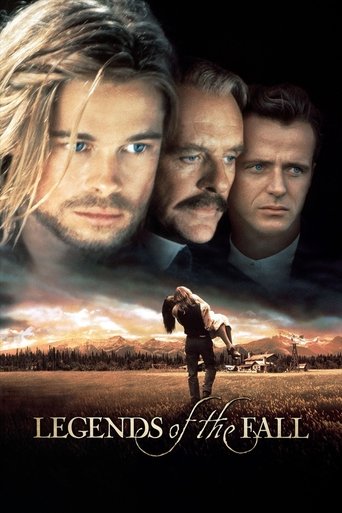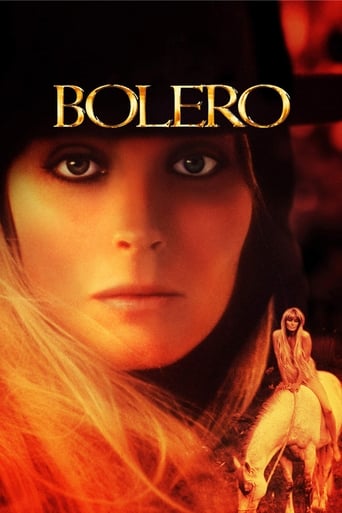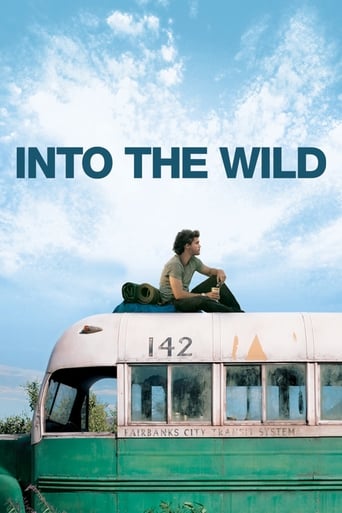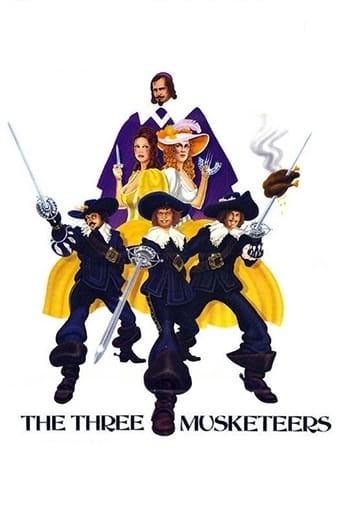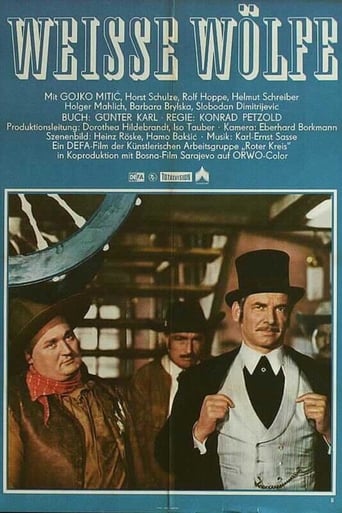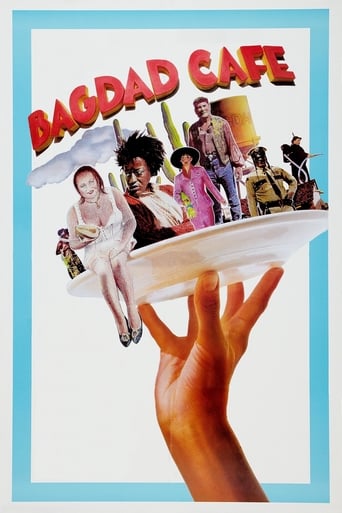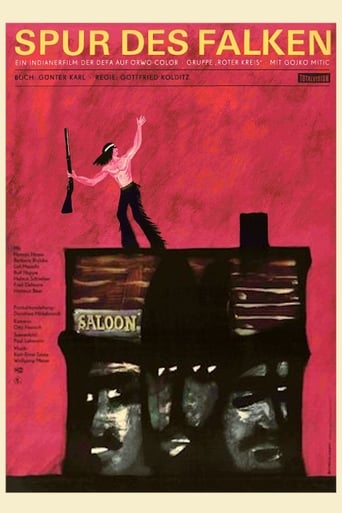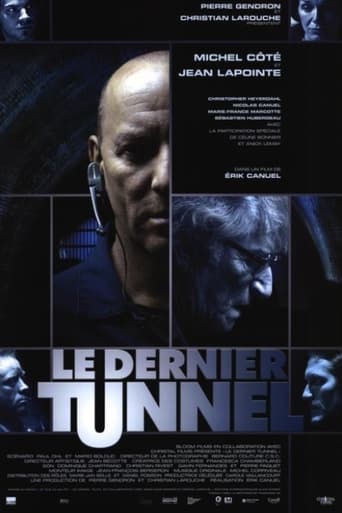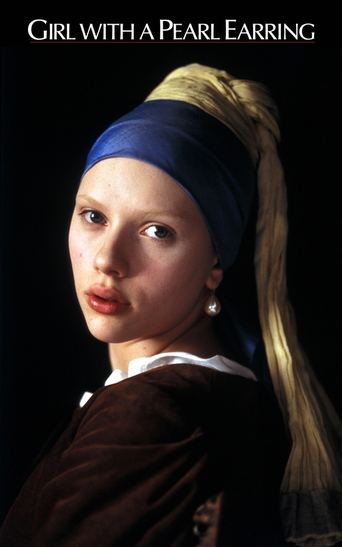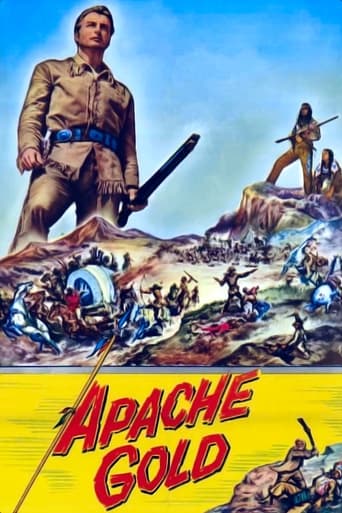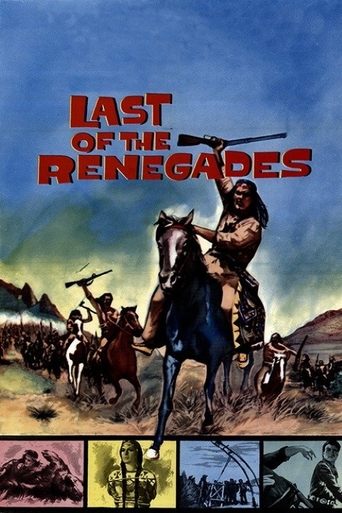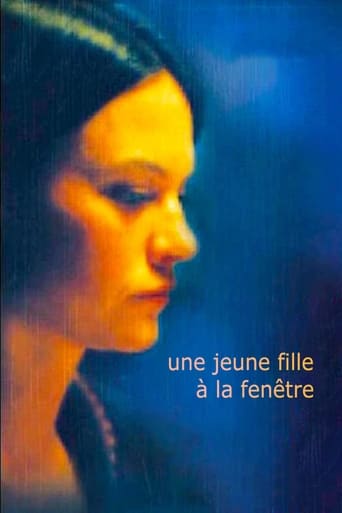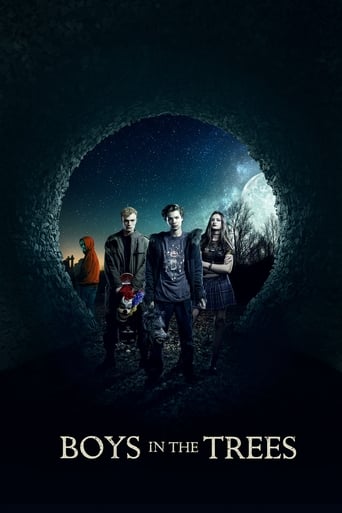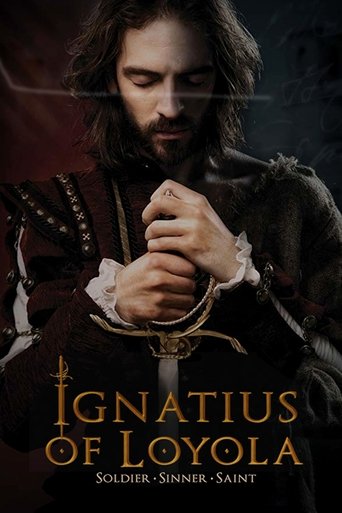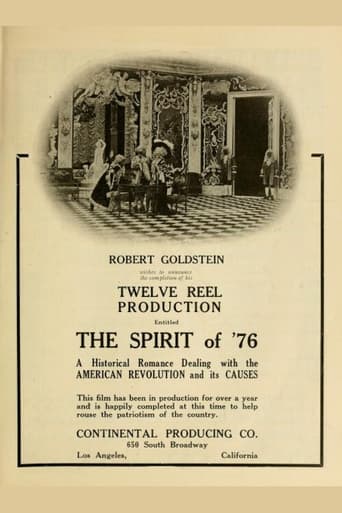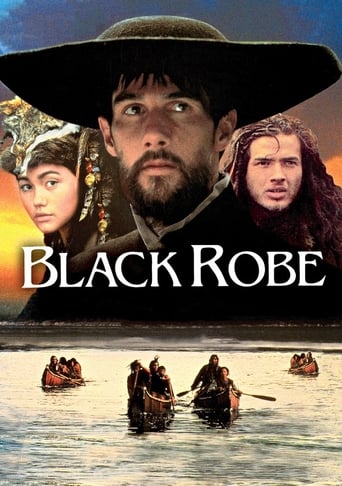
Black Robe (1991)
Missionary Father LaForgue travels to the New World in hopes of converting Algonquin Indians to Catholicism. Accepted, though warily, by the Indians, LaForgue travels with the Indians using his strict Catholic rules and ideals to try and impose his religion.
- Bruce Beresford
- Marie La Haye
- Brian Moore
Rating: 6.6/10 by 98 users
Alternative Title:
Manto negro - ES
Fekete köpeny - HU
Black Robe - US
Black Robe - GB
El último misionero - MX
Fluß der Irokesen, Am - DE
Country:
Australia
Canada
Language:
English
Latin
Runtime: 01 hour 41 minutes
Budget: $11,000,000
Revenue: $8,211,952
Plot Keyword: quebec, wilderness, native american, journey, jesuits (society of jesus), 17th century, algonquin indian
Regardless of the quality of the production, films like this make me want to throw a brick at the screen! An established culture of Huron living in tandem with nature, turf-warring with their Iroquois neighbours and enduring a largely substance existence are introduced to that most ultimate of plagues. Christianity! It's the eponymous "Laforgue" (Lothaire Bluteau) who is charged by his fellow Jesuits to travel to this remote and beautiful land in order to spread the word. Now, to be fair to this "Black Robe" he is tenacious. It's one hell of an effort - mostly by canoe through some of the most hostile conditions the planet has to offer - as he travels with his companions "Daniel" (Aden Young) and "Annuka" (Sandrine Holt) to the remote home of some sceptical, but nonetheless welcoming tribesfolk. "Laforgue" is not an evil man, but he has a job to do and the rather more simplistic religiosity of the locals which is based much more around the seasons, the harvest, the weather etc., is not really much of a match for his disciplined indoctrination of these people - especially once the church is built. The apple cart is soon well and truly upset and chief "Chomina" (August Schellenberg) is soon having to make tough choices to ensure the survival of his people against this new, all consuming, mysticism. Bluteau is adequate here, I wouldn't say anything more - probably Schellenburg takes the acting plaudits; but that's not so important I think. It's the message this comprehensively conveys that gives it some extra bite. It looks great. The Québec scenery, snowscapes, mountains and expanses are superbly captured as we get a sense of just how virgin this territory was before the expansion of European man and their obligatory religious baggage. It's a telling narrative that really does shout from the rooftops that their society wasn't broke so why did we try to fix it?

